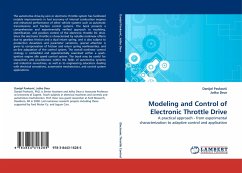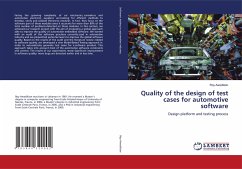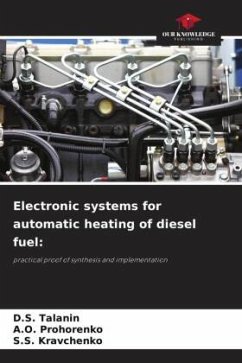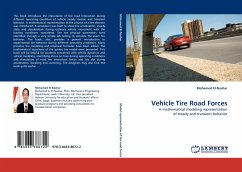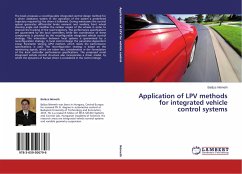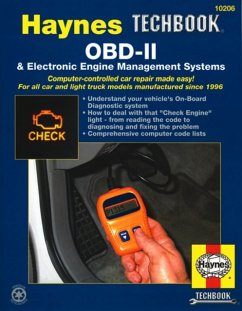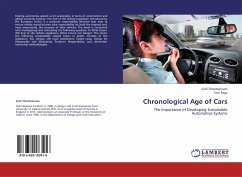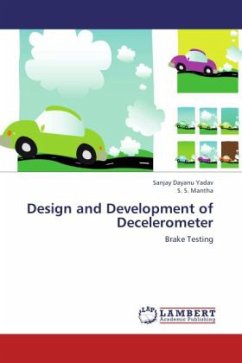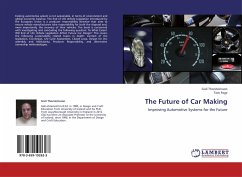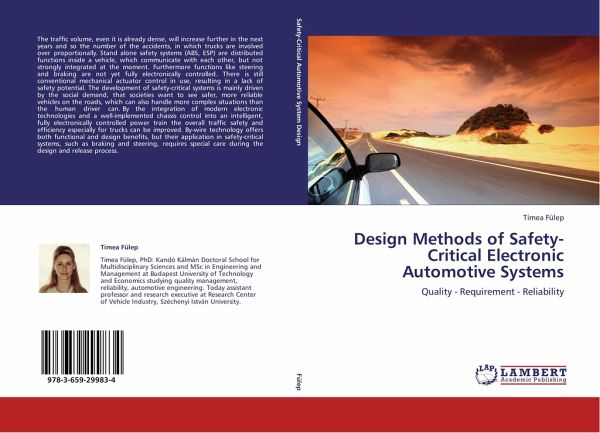
Design Methods of Safety-Critical Electronic Automotive Systems
Quality - Requirement - Reliability
Versandkostenfrei!
Versandfertig in 6-10 Tagen
39,99 €
inkl. MwSt.

PAYBACK Punkte
20 °P sammeln!
The traffic volume, even it is already dense, will increase further in the next years and so the number of the accidents, in which trucks are involved over proportionally. Stand alone safety systems (ABS, ESP) are distributed functions inside a vehicle, which communicate with each other, but not strongly integrated at the moment. Furthermore functions like steering and braking are not yet fully electronically controlled. There is still conventional mechanical actuator control in use, resulting in a lack of safety potential. The development of safety-critical systems is mainly driven by the soc...
The traffic volume, even it is already dense, will increase further in the next years and so the number of the accidents, in which trucks are involved over proportionally. Stand alone safety systems (ABS, ESP) are distributed functions inside a vehicle, which communicate with each other, but not strongly integrated at the moment. Furthermore functions like steering and braking are not yet fully electronically controlled. There is still conventional mechanical actuator control in use, resulting in a lack of safety potential. The development of safety-critical systems is mainly driven by the social demand, that societies want to see safer, more reliable vehicles on the roads, which can also handle more complex situations than the human driver can. By the integration of modern electronic technologies and a well-implemented chassis control into an intelligent, fully electronically controlled power train the overall traffic safety and efficiency especially for trucks can be improved. By-wire technology offers both functional and design benefits, but their application in safety-critical systems, such as braking and steering, requires special care during the design and release process.





